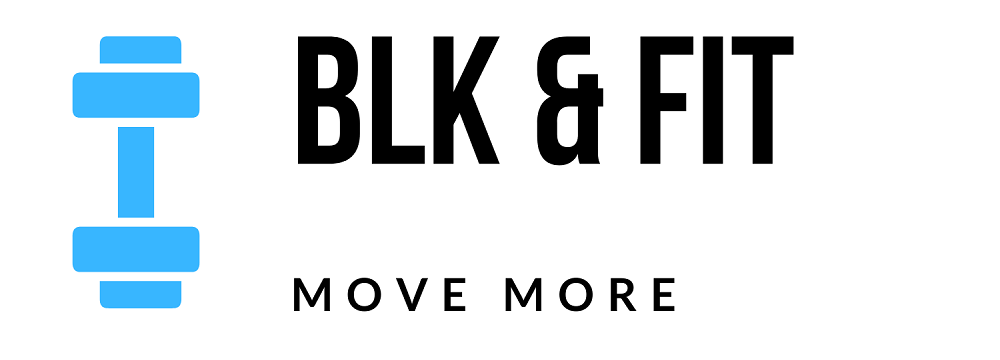Why Journal?
In this often overwhelming world we live in, finding effective ways to manage mental health is crucial. One powerful and accessible tool is journaling. This simple practice involves regularly writing down thoughts, feelings, and experiences, and can be a transformative practice for your mental health.
Here are some reasons why you should consider journaling for mental health.
- Emotional Release and Stress Reduction
Life can be stressful, and bottling up emotions can lead to increased anxiety and emotional distress. Journaling provides a safe outlet for expressing and processing these emotions and gaining a sense of relief and clarity. - Self-Reflection and Self-Awareness
Journaling encourages self-reflection, which is a key component of personal growth. By regularly examining your thoughts and behaviors, you can gain deeper insights into your actions, motivations, and patterns. Through journaling, you may discover recurring themes and triggers, enabling you to address underlying issues more effectively. - Improved Mood and Emotional Regulation
Writing about positive experiences and things you are grateful for can foster a sense of happiness and contentment. Conversely, expressing negative emotions on paper can help you manage and diffuse them. - Enhanced Problem-Solving Skills
When faced with challenges, journaling can be a powerful problem-solving tool. Writing about a problem allows you to break it down into smaller, more manageable parts. This process can reveal new perspectives and potential solutions that you might not have considered otherwise. - Track Progress and Personal Growth
Keeping a journal allows you to track your personal growth over time. By documenting your goals, achievements, and setbacks, you can see tangible evidence of your progress. This can be incredibly motivating and boost your confidence. Reflecting on how far you’ve come can also provide a sense of accomplishment and inspire you to continue working towards your goals. - Cognitive Benefits
The act of writing engages the brain in unique ways, enhancing cognitive functions such as memory, comprehension, and critical thinking. Journaling can improve your ability to articulate thoughts clearly and organize information effectively. These cognitive benefits can have a positive impact on various aspects of life, from academic and professional performance to personal relationships.
Here’s what you need to begin journaling:
Choose Your Medium: Whether it’s a physical notebook, a digital document, or a journaling app, find a medium that feels comfortable for you.
Reserve Time: Dedicate a specific time each day or week for journaling. Consistency is key to reaping the benefits.
Write Freely: Don’t worry about grammar, spelling, or structure. Allow your thoughts to flow naturally.
Be Honest: Write honestly and authentically. Your journal is a judgment-free zone.
Explore Different Prompts: If you’re unsure where to start, use prompts such as “What am I grateful for today?” or “What challenges did I face this week?”










